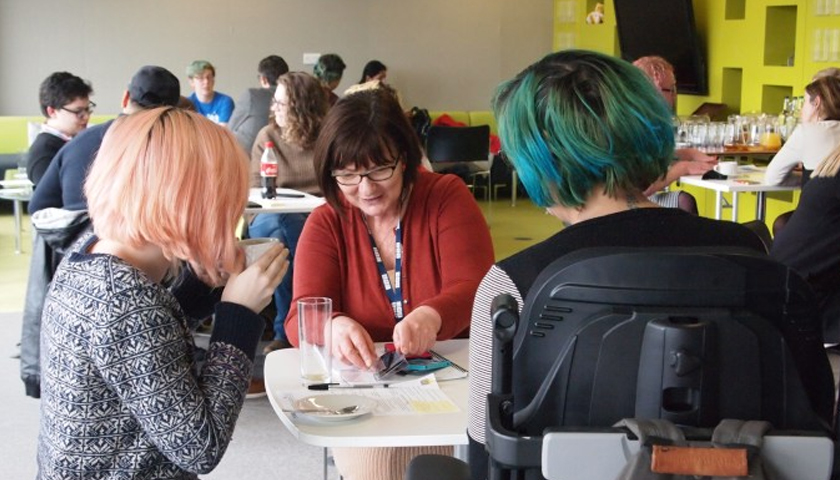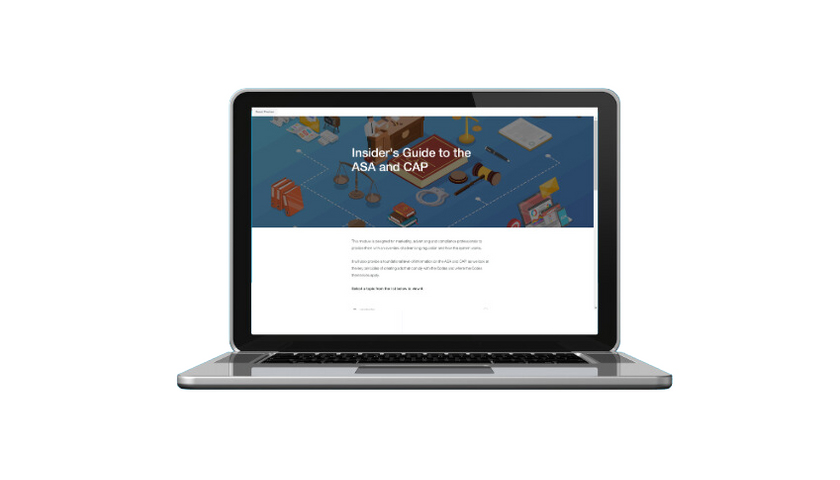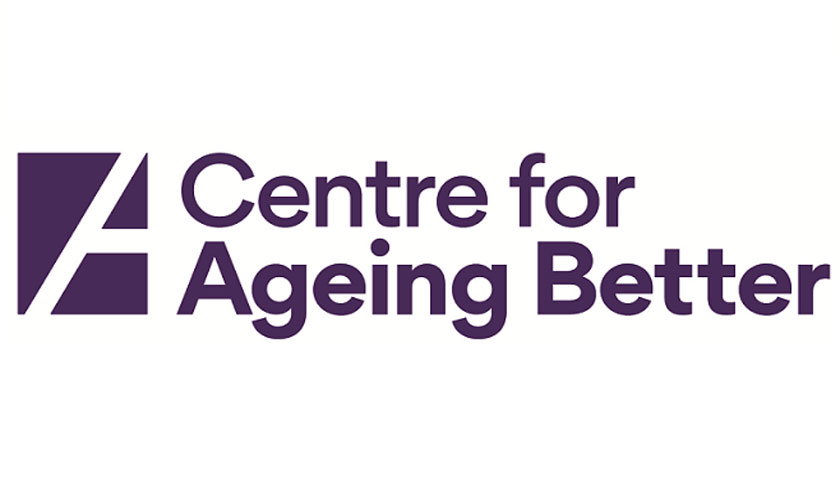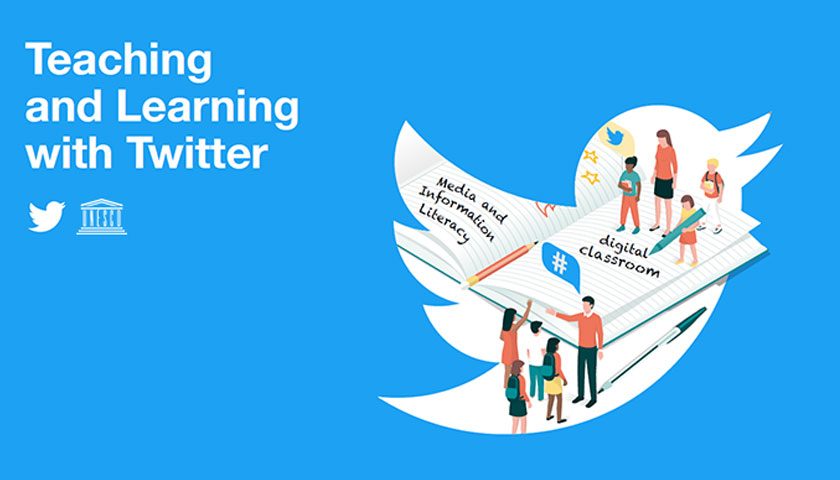UK charity All About Trans have launched a resource for Trans People Engaging with the media. We would usually write up from a press release on this, but on this occassion we felt it was appropriate to include the whole piece from their site as we feel it’s important people see the full article. This piece is originally from their website, so please have a look there, as this site has some amazing advice for those who may need it. These are the recommendations:
Many trans and non-binary people get asked on a regular basis to speak to the media about their experiences and to comment on trans-related news. Some people may have received media training, but many others haven’t had the opportunity. We hope to offer some basic support for those who are eager to engage with the media and are seeking advice.
Using resources from two bespoke Engaging with the Media training courses, shaped by the All About Trans Advisory Group in June 2017, we’ve put together a media kit to prepare for interviews. We hope these will arm you with a few key phrases or statistics and offer some tips for taking control of a media engagement.
The media kit
Each resource is a working document, developed with the All About Trans Advisory Group, and a public survey that asked for the three most common trans-related topics being discussed in the media, as well as the delegates and trans facilitators participating in the training courses. We welcome your comments on the documents – share your thoughts below or contact info@onroadmedia.org.uk if you have tips to share. The three resources are below.
Interview checklist
From the moment you get the media request, to being in the studio and doing the interview, this checklist suggests some questions you could be asking the journalist or broadcaster and yourself. It also includes tips on general media engagement e.g. studio appearances, quotes or articles.
Interview Briefing Sheet – Facts and Figures
It’s good to be armed with a few important statistics or statements to demonstrate your points or argument. And you may well be asked a couple of basic questions, so it’s useful to have some accurate and well-sourced stats up your sleeve. As well as general stats, it’s good to prepare for the most commonly asked questions. This briefing sheet addresses these, with soundbites or phrases you could use to control the discussion, supporting you to get your messages across.
Self-care and peer support tips
Engaging with the media is a challenging task and can be exhausting mentally as well as emotionally. This resource is a list of tips put together by the delegates from the Engaging with the Media training courses. Practising self-care, community care and peer support helps to prevent burn out and allows individuals to work towards becoming resilient media contributors. By looking after each other and yourself, positive change can take place.
Top three tips for self-care
The resources all have the aim of encouraging people to engage with the media in a safe way, focusing on self-care. Our co-founder and award-winning journalist Paris Lees shares her top three tips for self-care below. These are great to keep in mind throughout your media engagements.

Jesse and Ollie on The Listening Project
If you’re asked to be on television or speak in public, take a friend with you if you can. Just having someone there for moral support can make a huge difference to how you feel and stop you from freaking out.
How do you feel about the thing you are being asked to do? It’s easy to get carried away by the excitement of being asked to be in the media, but focus on how you are feeling. I once turned down an opportunity to appear on the radio with a transphobe because the person I was with at the time told me I looked really annoyed just by the invitation. You can say no. There WILL be other opportunities. Trust me. If it makes you feel like crap, say no!
Don’t just agree to something and then work out the details afterwards. Get information. If it’s TV or radio, find out if they are coming to you or if you need to go to them – and if it’s them, will they be sending a car, to and from? Who else will be appearing? How will they introduce you? What is the fee? And ask yourself some questions too. What will you do afterwards to calm down? How will you prepare? Will you have time to eat beforehand? Prepare!
We hope these resources and tips are helpful for your media engagements. Let us know if you have anything to add, and tell us how you get on with your interviews!
Links
http://www.allabouttrans.org.uk
http://www.allabouttrans.org.uk/resources-individuals-engaging-media/



